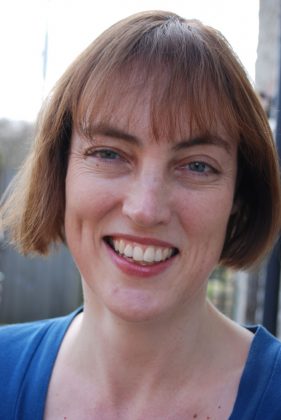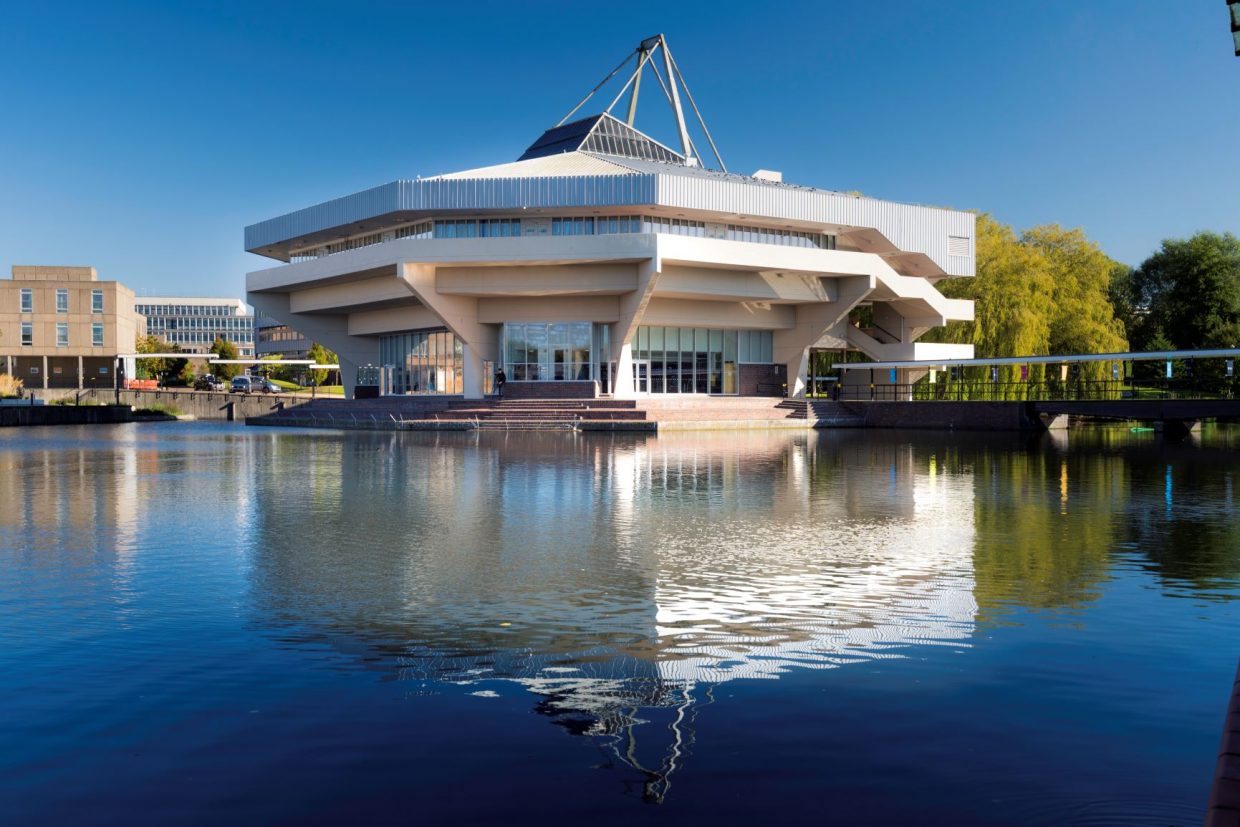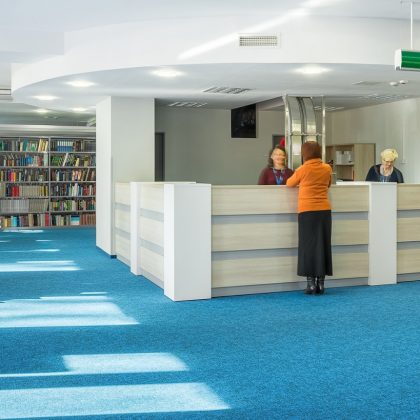Sarah Thompson – 17 years as a librarian advisor to Cambridge University Press
An interview with Sarah Thompson, Head of Content and Open Research, University of York Library
The first Cambridge University Press Librarian Advisory Board meeting took place in 2004 prior to the UKSG Conference, which that year was held at the University of Manchester. Twelve librarians were invited to take part, most from the UK.
Now called the Cambridge Global Librarian Advisory Board, today it has 36 members drawn from 22 countries and five continents. In total CUP now has six librarian advisory boards across the world. The Global Board includes some members from each of the other boards.

Sarah Thompson is the only librarian who participated in the first meeting in Manchester who is still an active and much-valued member of the Global Board. She has on two occasions attended other Cambridge board meetings, both in Asia, as a guest.
Q: Do you remember that first CUP advisory board meeting? What stands out?
A: I remember there was an accommodation problem – a dodgy student room! I hardly got any sleep!
Q: How have the board’s activities and membership changed over time?
A: I’ve looked back to prepare for this interview. It has been interesting to see that the development of the group and the way it operates has mirrored the development of my own career and my own growing portfolio. The first meetings were devoted to Cambridge Journals Online and the issues we discussed were pretty nitty-gritty. Now it’s about managing content in all its forms and how that content should be presented and paid for. So today we discuss much bigger issues.
Among the things I find most interesting is hearing how other countries are addressing these issues. Librarians don’t get many opportunities to engage with that. I know it’s now a large board and it may be difficult for Cambridge to absorb all the information when viewpoints on some subjects are so different – but it is a global company, so I imagine it welcomes this.
Q: What have been the high points for you? Are there any low points?
A: The two visits I made to Asia were fascinating. It’s no exaggeration to say they were key highlights of my working life. I gained insights into the personal as well as the professional lives of the other librarians present, some of which surprised me – it’s too easy to make lazy assumptions based on stereotypes.
There have been no specific low points. In the early years I felt as if we were being asked the same questions repeatedly, but this hasn’t happened for a long time. Cambridge has embraced the pace of change that’s happening in academia at present and the topics we talk about now have broadened out to match this.

Q: What do you most value from what you get from the board meetings? And what do you feel you most contribute?
A: I like the balance that is achieved in the meetings between discussing points of general interest and new Cambridge products. It’s good to know what Cambridge is investing in; if we as board members felt the ethos behind this investment was not appropriate, we would want to express that, but we appreciate that we are not being subjected to a sales pitch. I think the agenda strikes the right balance. I am specifically interested in aligning with publishers who are trying to achieve what our universities are trying to achieve, so there is no conflict between our respective aims. Our new VC has taken us back to our founding principles. This involves contributing to the public good, collaborating across the research spectrum internationally, and, in this country, taking direction from the funding bodies to change the way we work at scale. We are also now operating within a competitive space ourselves. It is hugely important that publishers are conversant with these things and take them on board. We are also trying to adopt a more joined-up approach to teaching and research. In the past there has been a tendency to “flip” from one to the other. Now we want to link them in a meaningful way and offer students opportunities arising from research.
Q: Looking forward, do you have any advice for CUP about how the board meetings / other activities should be conducted in future? Are there, for example, things that other boards you work with engage in that the CUP board doesn’t do?
A: Inevitably, the last few meetings have been conducted remotely. Zoom-style meetings can be successful if broken down into smaller chunks. It requires a conscious effort to give everyone a chance to speak and yet keep to time. Broadly, Cambridge has succeeded here. But of course the conversation is less free-ranging – it’s not as easy to chip in and we miss out on the conversations over coffee, the informal chats and personal follow-ups. Some people may find Zoom meetings more inclusive – they can give new members a chance to grow. So I would say a “mixed economy” of virtual and physical meetings could work long-term; but we do need the physical meetings.
I think Cambridge should continue to focus on the broader issues facing the research culture and the place of publishers in it, particularly within the context of partnering with institutions. Publishers’ place in the teaching landscape is growing more important, too.
I don’t think there’s anything that other boards do better. The reason I’ve stayed with this board for so long is because it’s the best one. I particularly like the continuity – the way things are kept moving between meetings – and the fact that the meetings are held regularly. They are always efficiently run and the follow-up afterwards is prompt. Some publishers’ boards are either run in an ad hoc way or have no regular membership.
I also feel that the way we are looked after at the meetings is exactly right – we are cared for, but the hospitality we receive is never over the top. I know Cambridge has strict compliance rules and this conveys the right signal: we wouldn’t want to be involved with any publisher whom we might suspect of taking a dishonest approach.
Q: Crystal ball time– what is the future for librarians and publishers working together now? What should they jointly be considering?
A: I foresee quite a big shift in the way publishers will regarded in the next few years. Already there has been pushback against those who seem to be too focused on profit. All publishers with whom we deal will have to demonstrate that their primary raison d’être is to support the academic endeavour.
Transitional agreements are a good temporary solution to help us to move towards full Open Access and a landscape in which we shall be paying mainly for services. Some publishers have not made the shift to Open Research that Cambridge has and, increasingly, they will be marginalised. There is a trend for publishing houses to be taken over by conglomerates but also much librarian resistance to that. We are looking for biblio-diversity in both textbooks and monographs. It’s not just about Open Research; it’s about Open Education and Open Scholarship, too.
Librarians have had a challenging time recently, but we’ve come out of it well. The role of the librarian is more acknowledged within universities; there is now real recognition of the value librarians provide. There is still work to do in promoting this contribution to the academic community – some people still think the library is just a building with books in it! The key role we occupy in bringing people together is now recognised by senior managers and other service departments. We must now communicate this to students and academics.







thanks for the great work